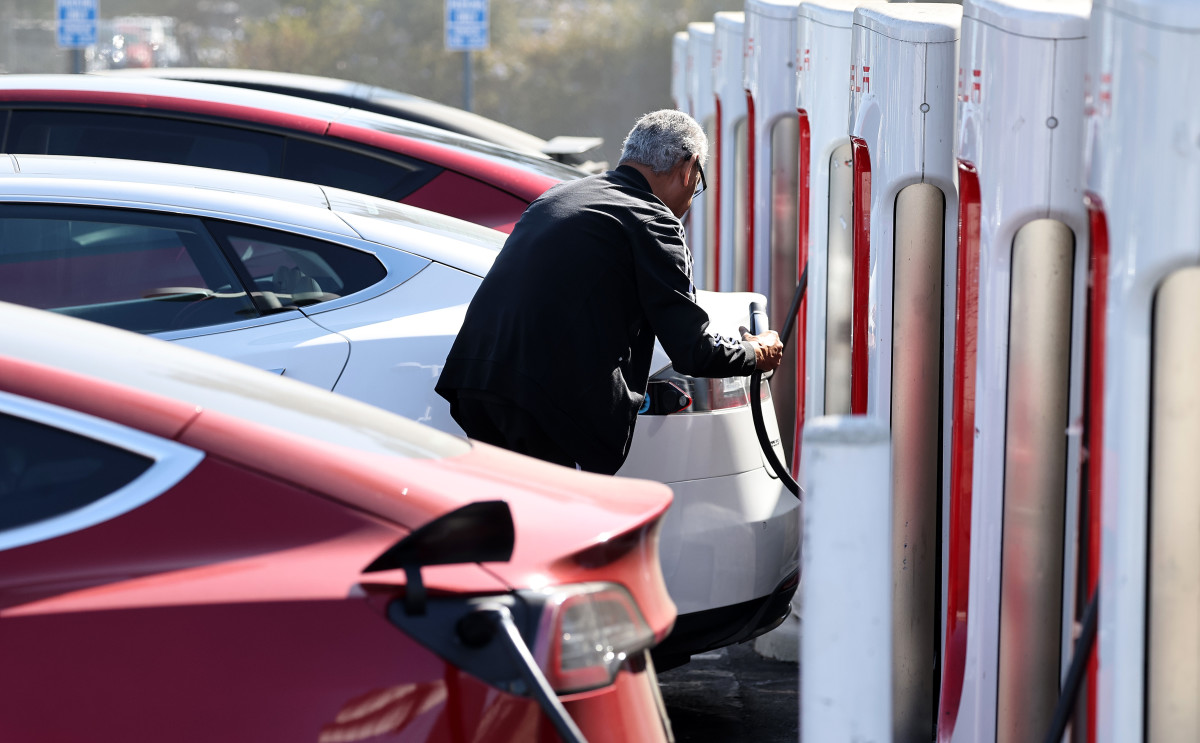
With President elect Trump's transition team aiming to eliminate Biden's EV tax credit, questions about the future of EV adoption come into play. Patrick De Haan, head of petroleum analysis at GasBuddy, joined TheStreet to discuss how the lack of government incentives could stall EV demand in America.
Related: Tesla expert reveals post-election scenarios for EVs and Elon Musk
Full Video Transcript Below:
CONWAY GITTENS: So geopolitics is something we normally keep our eyes on that anyway. But it's going to be even more important during these Trump years. I'm wondering strip out Trump for a minute and just look straight at EV demand or potential demand for 2025. What do you see happening there.
PATRICK DE HAAN: Well, I think overall, the cost of not only internal combustion engine vehicles, but EVs is going up. There is new technology down the road, the talk of solid state batteries. I think EVs will continue to grow. Americans are interested in them. They're interested in potentially adding solar so that they can defray the costs of recharging those EVs. I do think it's going to grow over time, but with the lack of government incentives, you may see it slow down slightly.
I mean, we're talking about some of the wealthiest Americans that have made the jump to EVs and solar panels, and now you're getting down into the incomes that may struggle a little bit with making the jump to EVs that would rely on those incentives. So it really goes with incentives. If there's not going to be many incentives, it's going to be an affordability problem for many middle Americans. And I think the future is going to hinge on some sort of incentives for those lower incomes to be able to afford those EVs. And that's going to dictate really sales.







